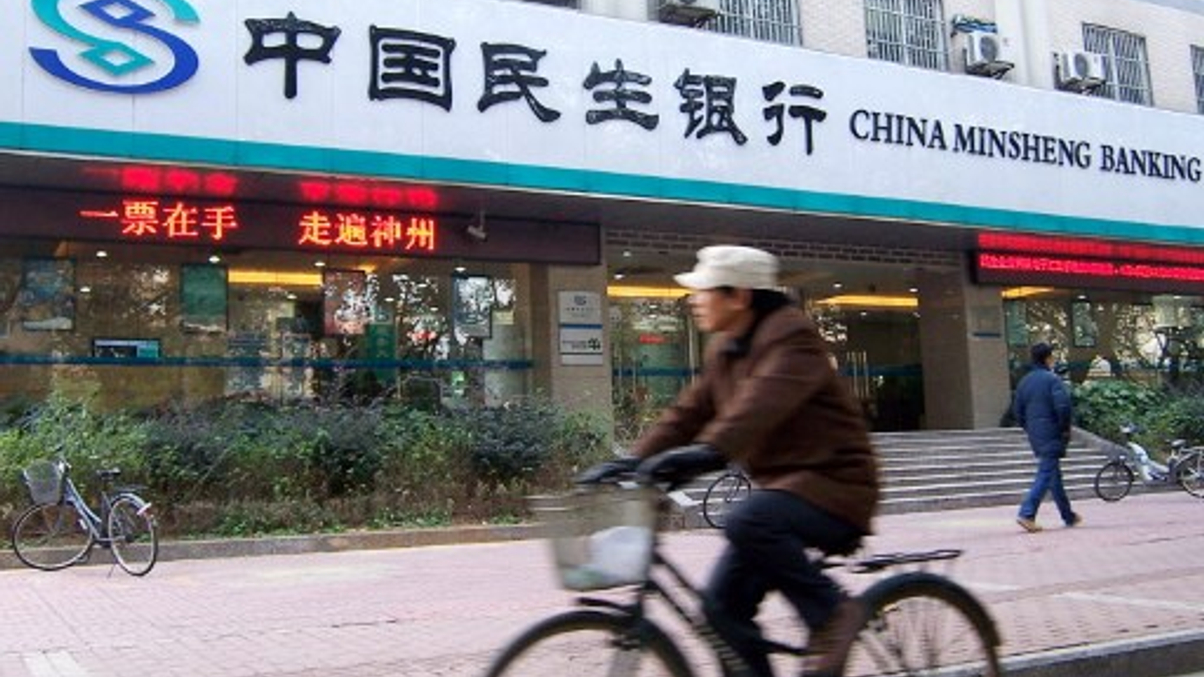Hedge funds shorting Japan IT, Chinese banks
China emerges as the top choice among emerging markets for short sellers, while hedge fund traders also predict a fall in Japanese healthcare and IT companies.

Japanese hedge fund managers have been shorting domestic healthcare and IT companies, while their China-focused counterparts have been betting against construction and banking stocks.
Sign in to read on!
Registered users get 2 free articles in 30 days.
Subscribers have full unlimited access to AsianInvestor
Not signed up? New users get 2 free articles per month, plus a 7-day unlimited free trial.
¬ Haymarket Media Limited. All rights reserved.


